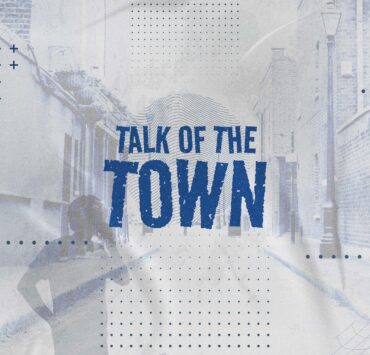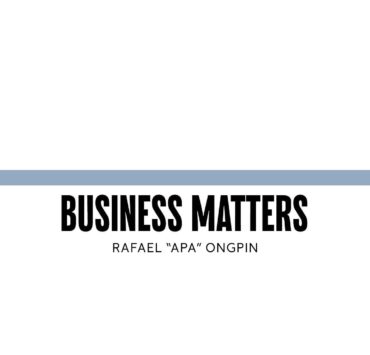Light and justice vs darkness and tyranny

I wholly concur with the insightful analysis of my former teacher, Dr. Zosimo Lee of the Department of Philosophy at the University of the Philippines, when he said that: “The initial session of the International Criminal Court (ICC) on the Duterte case was done in such an elegant even solemn manner that it truly intimated the majesty of the law. The Filipino counsel acted like a buffoon trying to sully the solemnity of the moment much like an ill-mannered interloper, but he did not succeed … We are being given a master class in world-class litigation. I hope our law schools can be infected with this elegance and majesty.”
After six years of bastardizing and weaponizing the law against his critics and further undermining our already weak institutions and exploiting our parochialism and social divisions, Rodrigo Duterte is now in the process of being held into account.
In the words of forensic expert, Dr. Raquel Fortun: “We have very weak institutions [and] unqualified people. We have a law that’s so ancient, and here comes a madman, ascending to the top as president, and I think he just took advantage.”
Nonetheless, crime does not pay and no authoritarianism, fascism, or dictatorship lasts forever.
As I previously stated in my article titled “ICC ruling is hope for humanity’s quest for justice” (7/29/23), the ICC ruling is hope for humanity’s quest for justice.
“The ICC … reiterates the universal principle that crime does not pay, and that no evil action goes unpunished. Furthermore, this trial will help to expand cosmopolitan norms, institutionalize them, strengthen the scope of international laws, and perhaps serve as a warning to all tyrants, authoritarians, and dictators that the long arm of the law will one day catch up [with] them.”
On the validity of Duterte’s arrest, it is my view that it is nonsense for his counsel and minions to raise that issue. From a purely legal standpoint, it would further weaken their cause. Rather, they need to prepare a robust and comprehensive defense and question the evidence that will be presented to them.
In the words of former ICC judge Raul Pangalangan: “The court [is] validating the arrest [since] to do otherwise is a disincentive to constructive cooperation between the court and the state to the detriment of the interest of the ICC itself.”
The stand of the court confronts a very practical need. You see, the wheels of justice won’t move forward unless the person is within the jurisdiction of the court. The arrest is indispensable to that.”
It is utterly disgusting that propaganda from Duterte fanatics has framed the ICC trial as a fight between a Third World country and the “Whites” or the “West.” What is further shocking is how this rubbish narrative is being swallowed by “pseudo-patriots” and even some academics. This is an absurdity of the lowest order. Love of one’s native land, i.e., being an anti-colonialist, should be based on justice, freedom, and the dignity of all. It should side with the oppressed and not the oppressor. For it to have moral legitimacy and ethical ascendancy, it must side with the victims and not with rights violators.
As noted by the Katipunan’s Kartilya, tenet number 8: “Defend the oppressed and fight the oppressor before the law or in the field.” We must highlight the universalist spirit of the Katipunan aspirations in light and in consideration of what is happening in contemporary society.
The families of the victims of the so-called “drug war” filed their plea before the ICC because of their desperation over not getting justice and reparation in local courts. They did this courageously despite knowing that the evil powers that be might get back at them. In filing the case, they re-live and retold the pain, the agonies, misery, and injustice that they suffered. They humbly sought and respectfully demanded justice from the only court that could give them a sense of hope.
Shame on those so-called “academics” who, instead of criticizing the proponent and the enablers of the murderous Duterte regime, have directed their guns at the extrajudicial killing victims and their families.
The struggle in the Philippines now and in the world is not whether one is pro-Duterte or pro-Marcos, pro-Trump, or anti-Trump. Rather, it’s about whether one is for justice, freedom, and the dignity of humanity.
—————-
Jose Mario D. De Vega is an assistant professor at the Department of Philosophy and Humanities in the College of Arts, Education and Sciences at the National University of the Philippines.

















Cumpio and the wider war on dissent